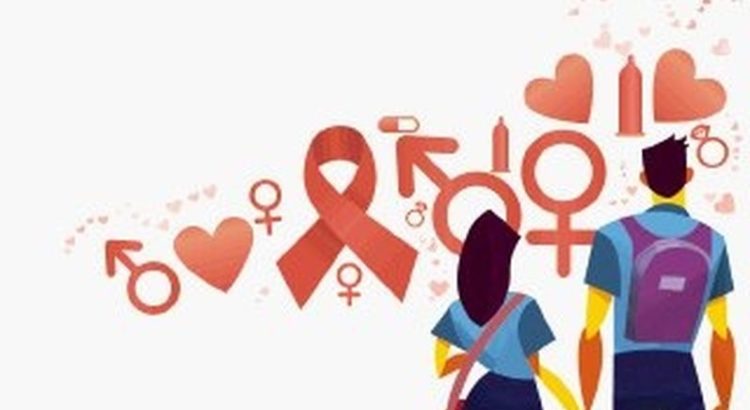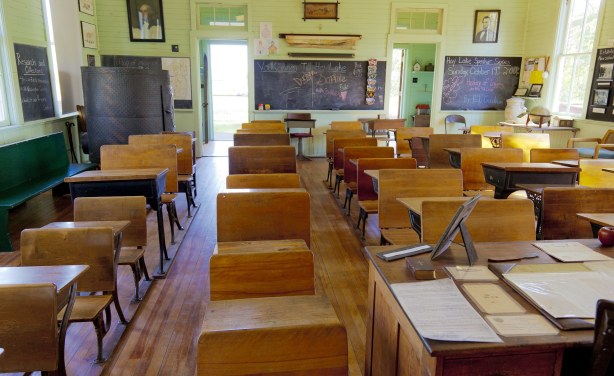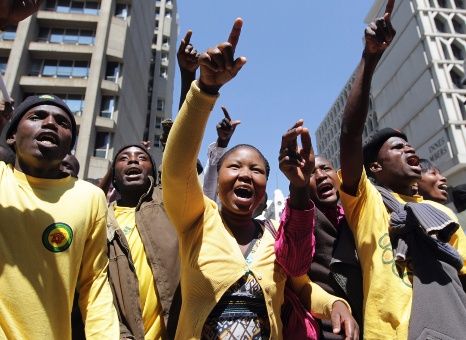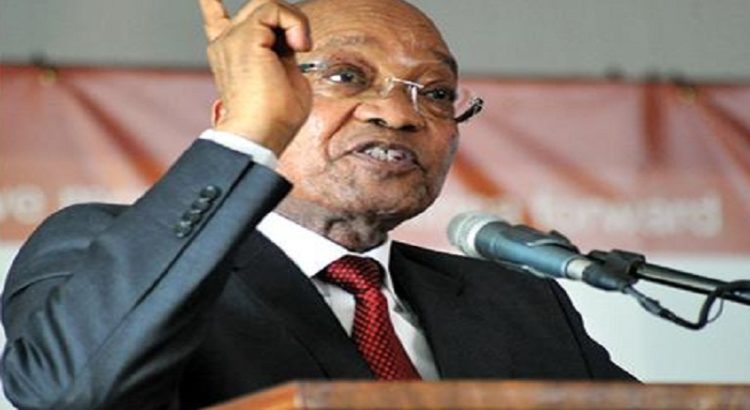Por: Gonzalo Cardenal M
En muchos centros la educación sexual pasa por clases prácticas de cómo utilizar los preservativos. Esa es la única salida que les ofrecen a los jóvenes.
Si hay un aspecto que se está imponiendo por igual por todo el mundo, ya sea en Europa, América Latina o África son los llamados “programas de educación sexual” y que en gran medida no son otra cosa que un sistema de adiestramiento de los niños en la ideología de género y en los anticonceptivos y el aborto.Eso sí, estos programas siempre aparecen disfrazados de un aspecto educativo cuyo único y aparente objetivo es evitar los embarazos no deseados y las enfermedades de transmisión sexual. Estas políticas no son solo apoyadas, sino que son promovidas generalmente por organizaciones supranacionales como las Naciones Unidas, que en muchos casos supedita la ayuda financiera a países pobres, o en vías de desarrollo a la aplicación de estos programas de adoctrinamiento, de colonización imperialista, como lo ha denunciado y denominado con toda la boca y repetidamente el papa Francisco.
Como un ejemplo de la imposición de estos programas pudiéramos citar el reciente informe de la Unesco, en el que pedía a la Asamblea General de la ONU que impusiera más exigentemente programas de adoctrinamiento, en este caso el LGTBI, en los colegios de todo el mundo.
La realidad es que son decenas de miles los colegios que en todos los continentes llevan aplicando en años programas de educación sexual. Pero hasta ahora nadie se había parado a analizar si realmente estos son eficaces o son únicamente pura ideología (la de género).Esto es lo que ha realizado Cochrane, una red global de investigadores del ámbito de la salud que realizan informes muy completos generando así información destinada a que se tomen mejores decisiones en el mundo de la Salud.
El estudio de estos expertos ha revisado los datos de más de 55,000 jóvenes de países como Inglaterra, Escocia, Sudáfrica, Chile, Kenia, Tanzania, Zimbabwe o Malawi. Y han realizado un seguimiento que va desde las edades de año y medio hasta los 7 años. Es decir, una muestra amplia y duradera en el tiempo.
La conclusión a la que llegan es devastadora para los promotores de estos programas educativos: no reducen el número de embarazos ni las enfermedades de transmisión sexual. Es más, no tienen ningún efecto en los jóvenes.¿Los jóvenes están mejor informados? Sí, pero los jóvenes también están recibiendo un bombardeo de mensajes de carácter sexual que anula esta información. En estos programas todo vale, todo se permite, la clave es el deseo y el único freno que se les ofrece es el preservativo. Y esta política se demuestra claramente ineficaz.En muchos centros parte de la educación sexual pasa por clases prácticas de cómo utilizar los preservativos. Esa es la única salida que les ofrecen a los niños y jóvenes… como única defensa.El autor principal del informe, el doctor Mason-Jones, insiste en que tal y como se diseñan estos programas actualmente “no tienen ningún efecto sobre el número de jóvenes infectados con el VIH, otras infecciones de transmisión sexual o el número de embarazos”.La próxima semana concluiremos con más información, habilitando a nuestros padres a revisar y cuestionar estos programas, cuando intenten imponerlos en los colegios de sus hijos, si es que ya no se los están impartiendo.
Fuente: http://www.laprensa.com.ni/2017/07/08/opinion/2259520-educacion-sexual-en-los-colegios-i















 Users Today : 40
Users Today : 40 Total Users : 35460581
Total Users : 35460581 Views Today : 56
Views Today : 56 Total views : 3419538
Total views : 3419538